Year Seven-Nine
Coaching Parade Campus

Year Seven-Nine
Coaching Parade Campus
As Term 4 begins, Year 7 Humanities students are setting out on their final and most interactive unit of the year, Economics: Surviving the Economy. After a productive few terms exploring both History and Geography, students have now successfully completed their creative Ancient History board games and Geography posters. These projects showcased their ability to work collaboratively, apply research and critical thinking skills, and communicate complex ideas in engaging, hands-on ways.
Building on these achievements, students will now face a new kind of challenge: navigating the real-world decisions and trade-offs that shape our daily lives. In this gamified economics journey, they’ll explore how people earn income, manage resources, and make financial choices while responding to unexpected events along the way. Through interactive activities and simulated “life scenarios,” students will deepen their understanding of key economic concepts such as scarcity, supply and demand, opportunity cost, and consumer decision-making.
Throughout the term, students will reflect on what it means to be smart and ethical consumers, consider the impact of their financial choices, and gain practical skills they can use beyond the classroom.
We’re excited to see how students use the creativity and problem-solving skills they developed during their History and Geography projects as they take on the challenge of surviving the economy!
Year 8 Humanities
Our Year 8 students have been delving into the fascinating world of Medieval Europe. They explored the key events, people, and ideas that shaped this period, analysing the causes and consequences of major developments such as the power of the Medieval Church, the Crusades, and the Black Death — including both their intended and unintended impacts on society.
Students also examined primary sources, including excerpts from the Magna Carta, to gain a deeper understanding of howmedieval events and ideas continue to influence our world today.
To conclude our History unit, students are extending their historical thinking through the “Tale of Two Worlds” project. In this inquiry, they are comparing an aspect of Medieval European society with that of Medieval Asia, exploring how these two civilizations connected and contrasted. As part of their final product, students are designing and creating 3D models to visually represent their understanding of these historical links.
It has been fantastic to see the creativity, curiosity, and critical thinking our Year 8s have brought to uncovering the stories of the medieval world!
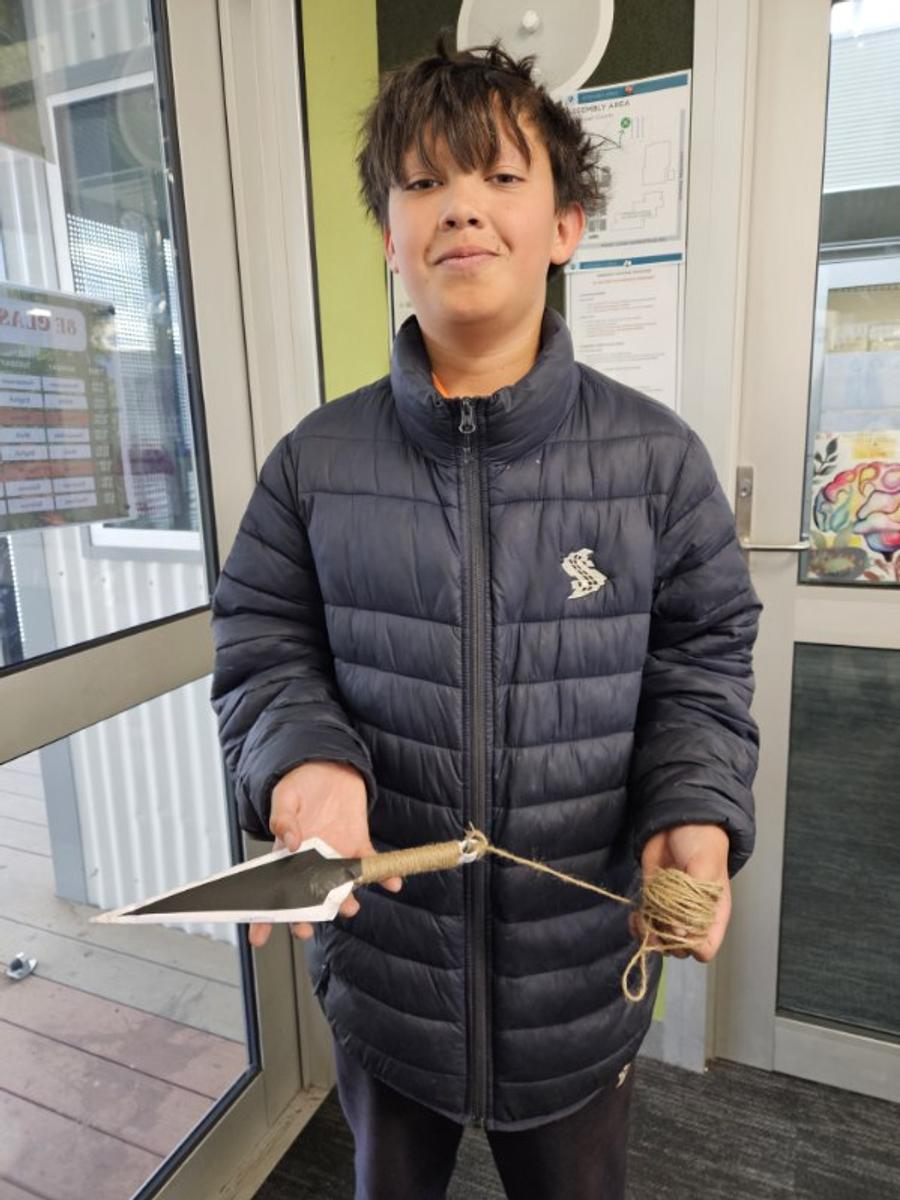
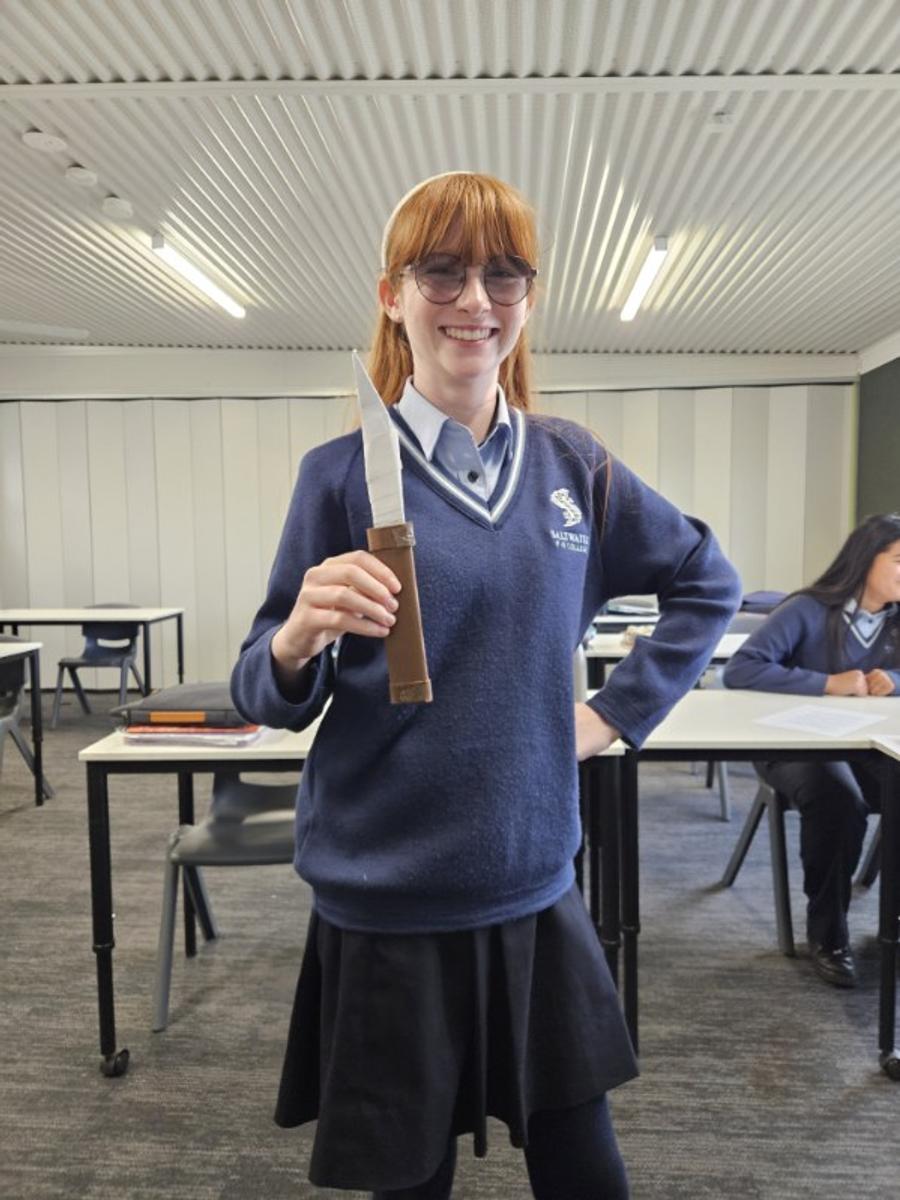
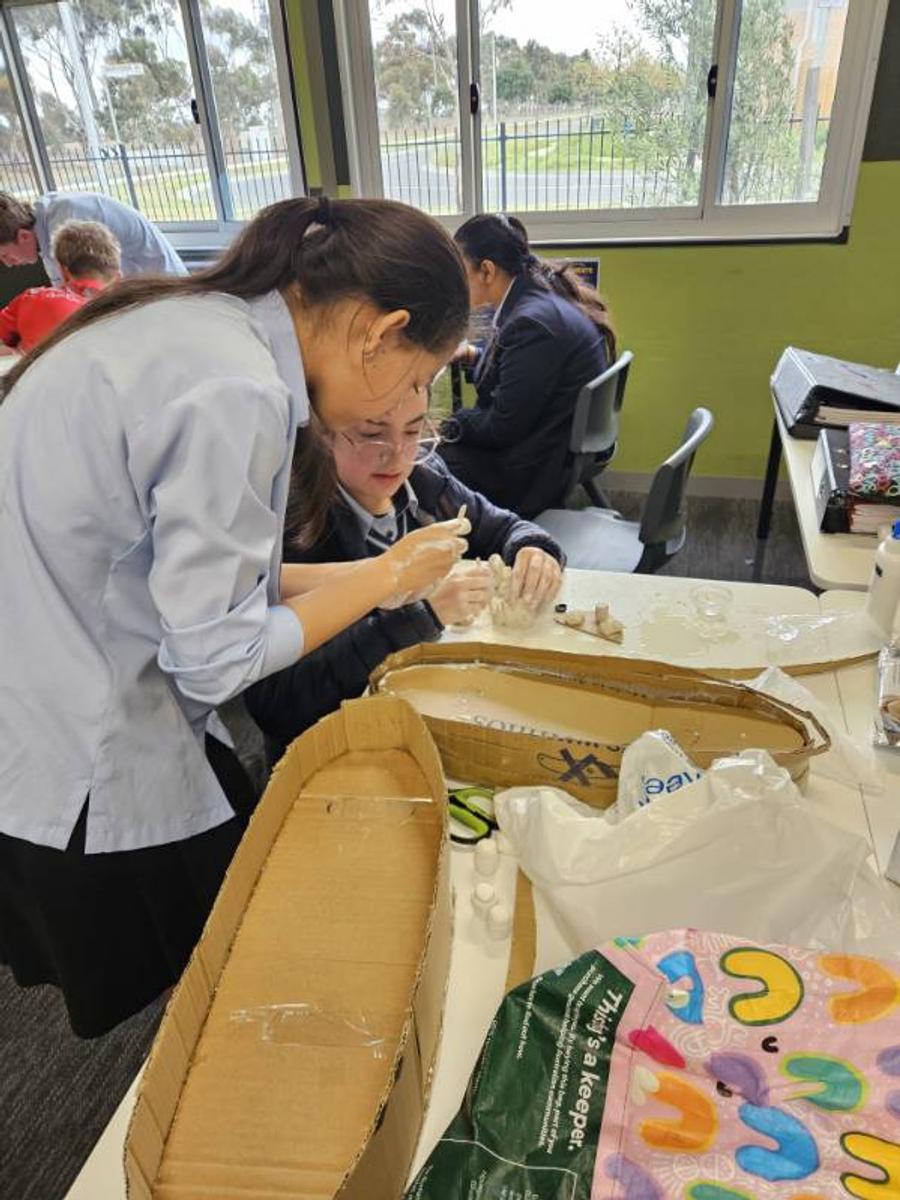
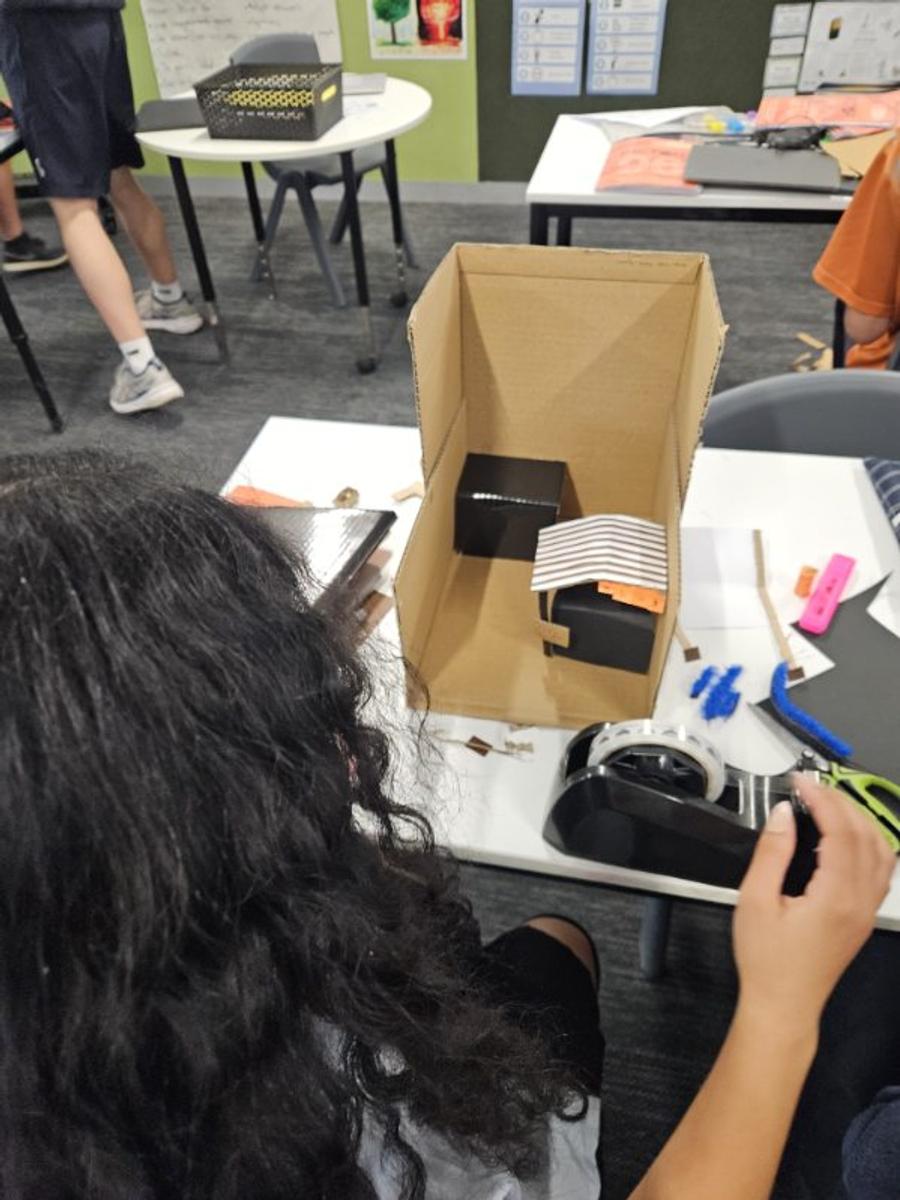
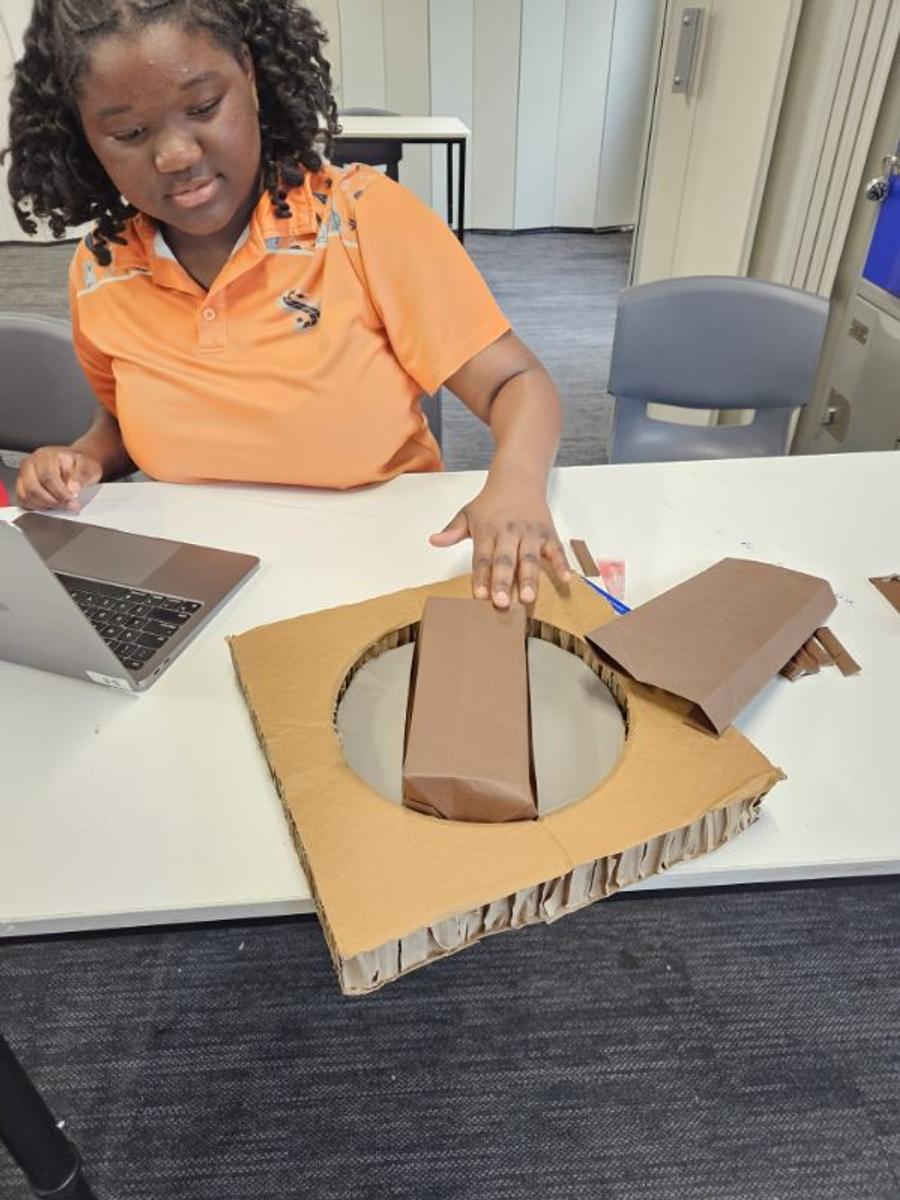





Year 7 Highlights


In our latest newsletter, we covered important topics related to money management and financial literacy for students. We discussed the basics of currency and teaching students the value of money. We also explored the concept of cheques and how they are used for making payments, emphasising the importance of writing them properly and securely.
Additionally, we delved into the differences between credit and debit cards, highlighting the pros and cons of each and how they impact a student's financial decisions. We also explored various payment methods available to students, including cash, electronic transfers, and mobile payments, to help them understand the different ways they can manage their money. We also provided tips on buying wisely, teaching students to budget and prioritize their expenses to make informed purchasing decisions.
Lastly, we discussed the benefits and risks of buying and selling online, guiding students on how to spot scams and protect their personal information. We emphasized the importance of conducting research before making any online transactions and provided tips on safely navigating e-commerce platforms. By educating students on these topics, we hope to empower them to make smart financial decisions and develop good money habits for the future. Thank you for your continued support in helping us educate our students on financial literacy.
Year 8 Highlights


In this newsletter, we discussed important topics related to consumer protection, loans, and budgeting. It is crucial for your students to understand their rights as consumers and how to protect themselves from scams and fraudulent practices. We encourage you to have open discussions with your children about being cautious when making purchases and to always research companies before doing business with them.
Additionally, we touched on the importance of proper budgeting and financial planning. Teaching your children to create a budget and stick to it can help them develop good financial habits for the future. We recommend sitting down with your students to discuss their expenses, income, and savings goals to ensure they are on the right track towards financial stability.
Lastly, we covered topics such as price fluctuations, investing, buying a car, and renting or buying property. These are important aspects of personal finance that your students will encounter as they enter adulthood. It is essential for them to understand the risks and benefits associated with each of these financial decisions. We hope this newsletter provides you with valuable information to help your children navigate the complex world of personal finance.
Year 9 Highlights
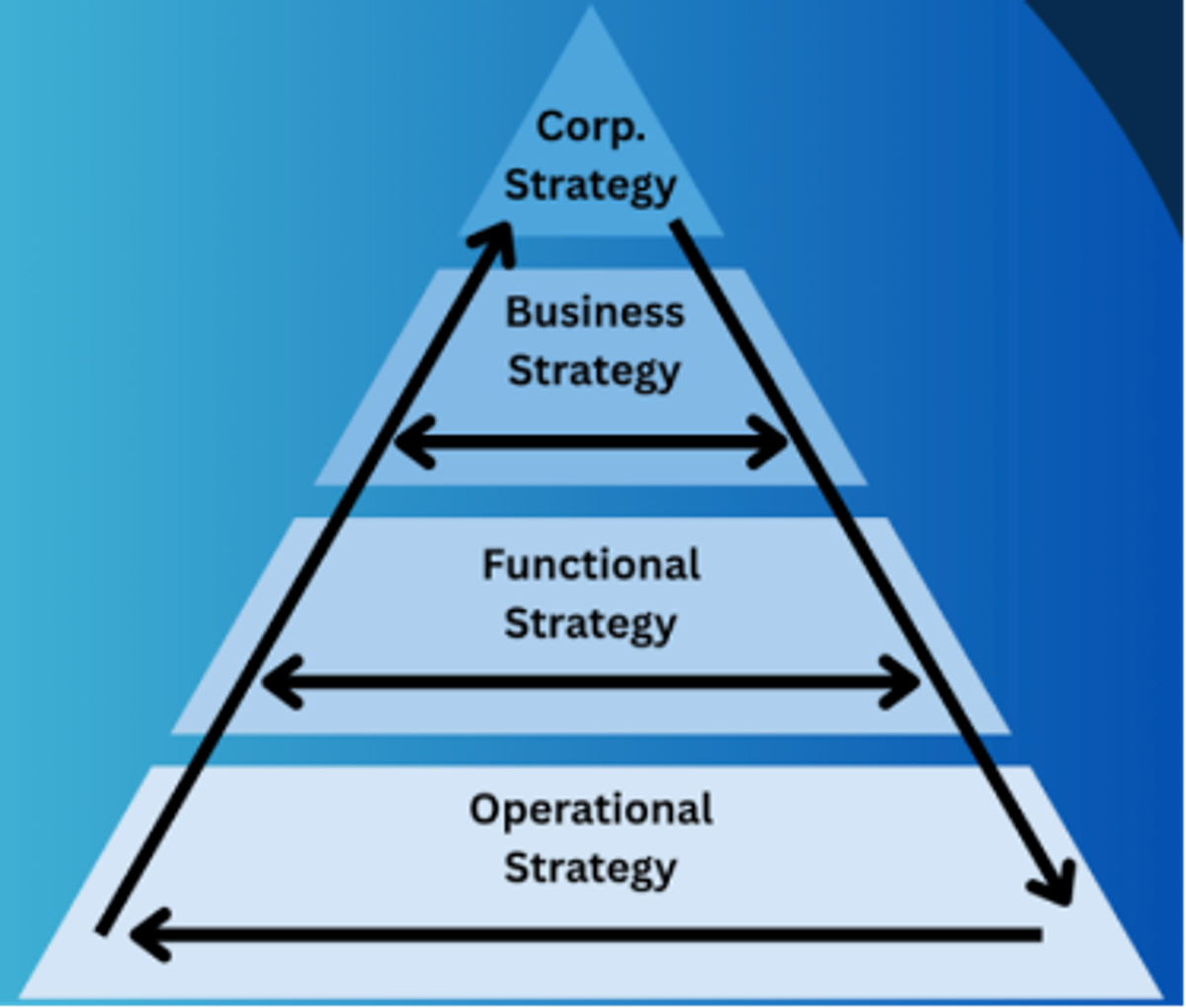

In our recent classes, students have been delving into the world of career planning and job hunting. They have been learning about the skills and qualifications needed to succeed in their desired fields, as well as how to effectively search for job opportunities. This knowledge will serve them well as they prepare for their future career paths.
Students have also been introduced to the fundamentals of business management, including the history of management, organizational environments, and cultures. They are learning about the different management styles and approaches that have evolved over time, as well as how to navigate the complex organizational structures and dynamics of the business world.
As part of their studies, students have been exploring strategic management concepts such as planning, goal setting, and organisational strategy. They have also been introduced to important tools and frameworks such as Porter's 5 Forces, BCG Matrix, and SWOT Analysis, which will help them analyse and make strategic decisions in real-world business situations. These skills will be crucial as they embark on their careers and navigate the competitive business landscape.
Thank you for your continued support as we guide and empower your children to succeed in their academic and professional pursuits.
Year 9 Humanities – The Industrial Revolution
Last term we explored how the Industrial Revolution shaped global power through the control of people, resources, and trade. To show our understanding, we created editorials and political cartoons that highlighted the lasting impacts of industrialisation.